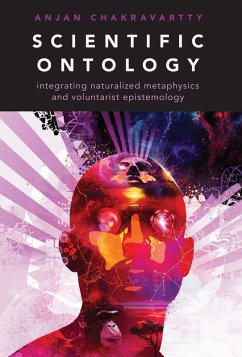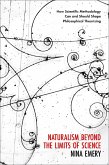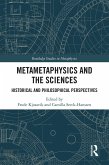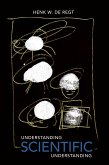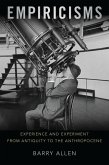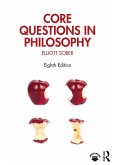Both science and philosophy are interested in questions of ontology - questions about what exists and what these things are like. Science and philosophy, however, seem like very different ways of investigating the world, so how should one proceed? Some defer to the sciences, conceived as something apart from philosophy, and others to metaphysics, conceived as something apart from science, for certain kinds of answers. This book contends that these sorts of deference are misconceived. A compelling account of ontology must appreciate the ways in which the sciences incorporate metaphysical assumptions and arguments. At the same time, it must pay careful attention to how observation, experience, and the empirical dimensions of science are related to what may be viewed as defensible philosophical theorizing about ontology. The promise of an effectively naturalized metaphysics is to encourage beliefs that are formed in ways that do justice to scientific theorizing, modeling, and experimentation. But even armed with such a view, there is no one, uniquely rational way to draw lines between domains of ontology that are suitable for belief, and ones in which it would be better to suspend belief instead. In crucial respects, ontology is in the eye of the beholder: it is informed by underlying commitments with implications for the limits of inquiry, which inevitably vary across rational inquirers. As result, the proper scope of ontology is subject to a striking form of voluntary choice, yielding a new and transformative conception of scientific ontology.
Dieser Download kann aus rechtlichen Gründen nur mit Rechnungsadresse in A, B, BG, CY, CZ, D, DK, EW, E, FIN, F, GR, HR, H, IRL, I, LT, L, LR, M, NL, PL, P, R, S, SLO, SK ausgeliefert werden.

